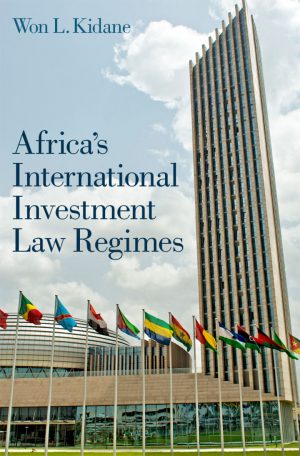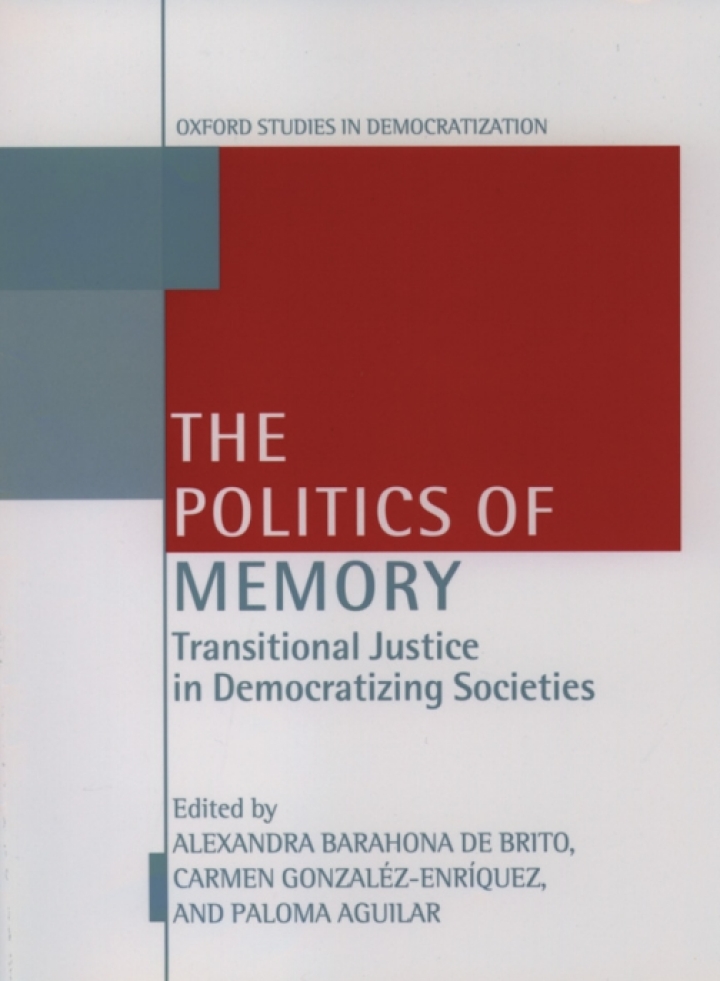“ALWD Guide to Legal Citation
7th Edition” has been added to your cart. Continue shopping
The Politics of Memory 1st Edition Transitional Justice in Democratizing Societies
$42.25
Attention: This is just ebook, Access Codes or any other Supplements excluded! / File Delivery: Sent Via Email within 24 hours!
SKU: 00ed0e000c61
Category: Law Textbooks
Description
-
Author(s)Alexandra Barahona De Brito; Carmen Gonzalez Enriquez; Paloma Aguilar
-
PublisherOUP Oxford
-
FormatPDF
-
Print ISBN
9780199240906, 0199240906 -
eText ISBN
9780199240906, 0199240906 -
Edition1st
-
Copyright
- Details
One of the most important political and ethical questions faced during a political transition from authoritarian or totalitarian to democratic rule is how to deal with legacies of repression. Indeed, some of the most fundamental questions regarding law, morality and politics are raised at such times, as societies look back to understand how they lost their moral and political compass, failing to contain violence and promote the values of tolerance and peace. The Politics of Memory sheds light on this important aspect of transitional politics, assessing how Portugal, Spain, the countries of Central and Eastern Europe and Germany after reunification, Russia, the Southern Cone of Latin America and Central America, as well as South Africa, have confronted legacies of repression. The book examines the presence – or absence – of three types of official efforts to come to terms with the past: truth commissions, trials and amnesties, and purges. In addition, it looks at unofficial initiatives emerging from within society, usually involving human rights organisations (HROs), churches or political parties. Where relevant, it also examines the ‘politics of memory,’ whereby societies re-work the past in an effort to come to terms with it, both during the transitions and long after official transitional policies have been implemented or forgotten. The book also assesses the significance of forms of reckoning with the past for a process of democratization or democratic deepening. It also focuses on the role of international actors in such processes, as external players are becoming increasingly influential in shaping national policy where human rights are concerned.
Related products
-

Challenges for Humanitarian Intervention 1st Edition Ethical Demand and Political Reality
Rated 0 out of 5$27.62 Add to cart -

Africa’s International Investment Law Regimes 1st Edition
Rated 0 out of 5$61.75 Add to cart -

A Theory of Global Governance Authority, Legitimacy, and Contestation
Rated 0 out of 5$12.35 Add to cart -

Atrocity Speech Law Foundation, Fragmentation, Fruition
Rated 0 out of 5$43.88 Add to cart


